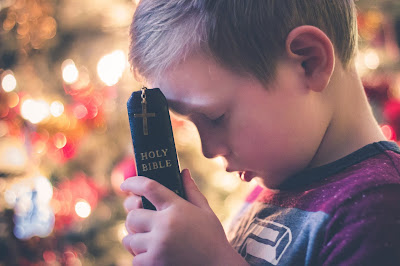This post may upset some people, or worse
still ‘offend’, please understand that when I write this I am not disrespecting
any of the above. What I hope to do is raise an awareness of the harm that can
be created in a wish to follow something so absolute with no flexibility and a
disregard for autonomy that it affects future thinking and well being as a
whole. I am writing about the extreme.
SOMETIMES when children have been raised by
parents where anxiety is high and beliefs and rules are fixed, the expectation
doesn’t come from the parents but the code that the family is surrounded by.
This is about parents as individuals needing to feel certain, to cancel out any
anxiety…and with it any shift in thought and feeling.
When parents are extreme in their religious
or militant belief or uncompromising in their non-conformist way of being, they
leave little room for their children to develop their own signature. Put simply,
it in life in all or nothing terms.
These parents are surrounded by there own
‘society’, they sometimes hear very little to contradict their beliefs. The
people they spend time with are ‘our people’. They have a shared
belief/goal/vision/ that has structure, rules and systems that give a person a
well-trodden path.
What’s wrong with this I hear you say, who
doesn’t want a lot of certainty in their life?
Nothing is wrong with it, if feelings are
allowed to be felt freely and opinions and thoughts aired without judgement.
Sometimes though the context is used for control.
We don’t feel disappointment,
disappointment isn’t in God’s plan, we don’t feel confusion and ask why,
because the system says ‘that’s the way its done’.
I have seen several teenage clients that
feel a persistent fear and foreboding because they feel themselves as less
capable, they view most emotions as scary and life threatening. Life within
these rules and beliefs feels very certain and so young people come to fear the
parts of their identity that don’t comply with the conventions. Typically, they
struggle with existential themes such as death, freedom, commitment and
boredom. They start to feel depressed, depression doesn’t sit well in some
religions. However most commonly they struggle with the same thing that other
teenagers do, but to a bigger degree and that is hypocrisy.
Sometimes parents demonstrate ‘do as I say, not as I do’, most notably
in the expression of opinions and the judgement of others. One of the rules is non-judgement
of others and all accepting and welcoming, but the teenager often feels very
judged as that is how they are made to conform. These parents are sometimes
prominent leaders in the community and are well respected and liked. They are sage
thinkers, with lessons to share.
The message the teenager receives is
confusing giving them a heightened mistrust, their feelings are devalued or transformed
into more acceptable surface feelings. In military families where physical
threat is used, the teenager has a higher startle response to danger.
It happens in the alternative fringes as
well. Some parents don’t believe in vaccinations, no formal education as such,
no capitalist ideas. Expressing a view or intention that goes against these
ideals is not tolerated. Being money driven is seen as erroneous, making
ambition within conventional society a no-no.
How does it effect adult life and in turn
parenting?
Well there is lessened initiative,
creativity and resourcefulness, you may be quick to judge and be hyper
sensitive to feedback from others. Maybe the most obvious one is that you will
choose to parent with lose boundaries and veer away from any sort of discipline
as it makes you feel guilty. On the whole you view childhood as unhappy.
If your parents practiced double standards
you could be giving people second chances and blaming yourself for the
situation, leaving you vulnerable to abusive relationships.
Later in the series we will talk about
boundaries in terms of parenting and also personal wellbeing. This blog is
about highlighting and educating if you choose to work on your boundaries.
This article talks about the effects
religious families can have on their children and their behavior. https://www.independent.co.uk/news/science/religious-children-are-more-selfish-than-atheist-children-say-us-neuroscientists-a6723596.html



Comments
Post a Comment